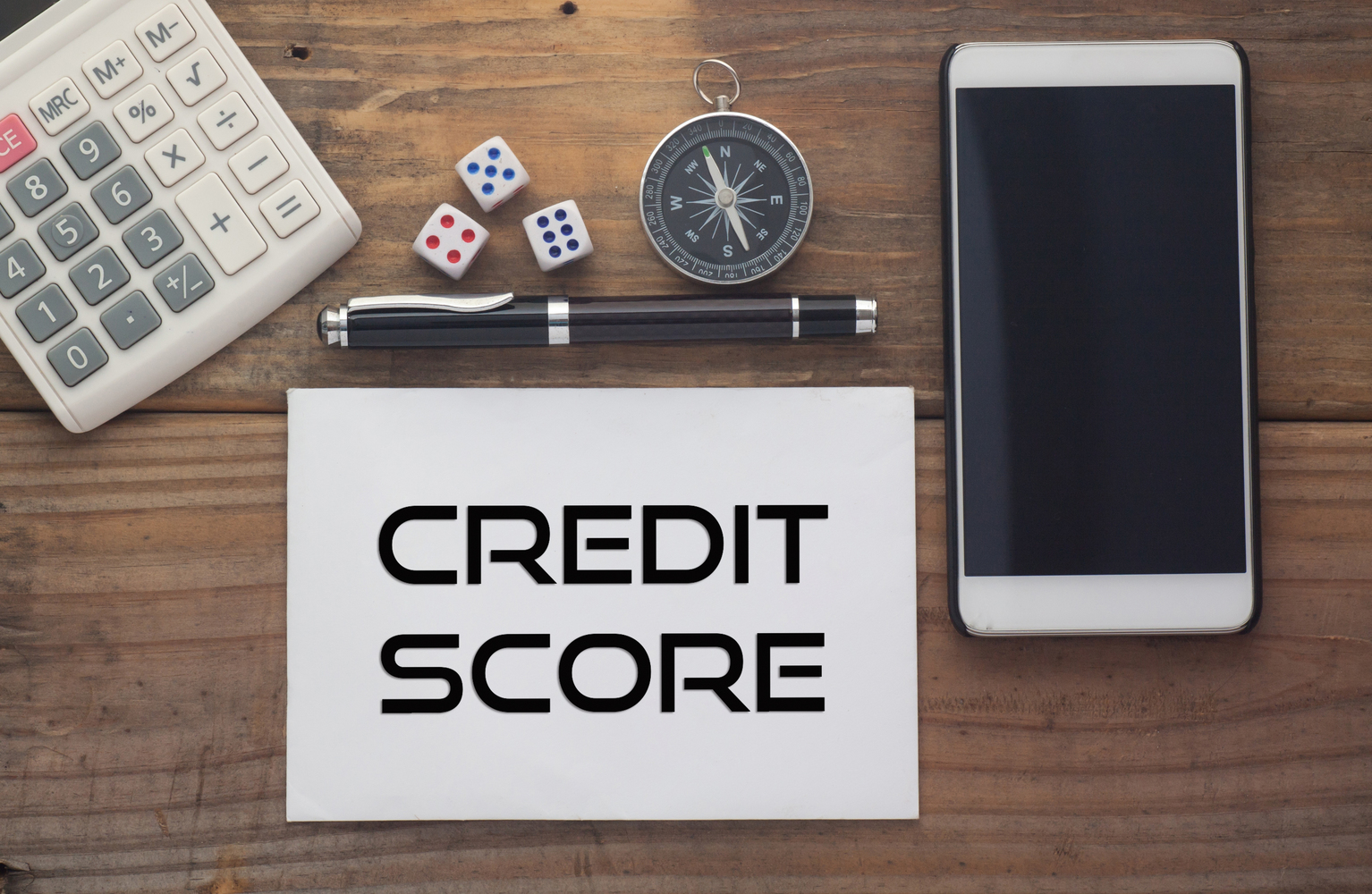
4 Tips to Improve a Bad Credit Score
If you suddenly find that your loan applications have been getting rejected, your credit score might be to be blamed. Building your credit score is not easy, but you have to start somewhere, for it holds the key to your financial well-being. Let’s take a look at how to improve a bad credit score with these easy tips:
- Make a list of what needs to be improved
If your credit score is low, you need to figure out what has made it dip down. A good credit score lies between 670 and 739, a fair or average credit score ranges between 580 and 669, and a bad score lies below 579. Late payments and many accounts in collections can cause a dip in your credit ratings. Alternatively, it may not be your fault and might be a case of identity theft, wherein someone else is using your account details. If it is a case of theft or charges you do not recognize, ensure that you call up the bank and report fraud or dispute the charges as the case requires. - Start by clearing accounts in collections
When clearing your dues, you need to settle the accounts in collections first. Call up the financial institution and see what kind of payment plan or settlement they can work out with you. This is better than constantly doing balance transfers with new banks and getting deeper into debt. Clearing off your collections is one of the first steps to take when thinking of how to improve a bad credit score. Remember that your bank always wants to help you pay back quicker, so they will cooperate and assist you in understanding the best payment terms you can get with them. - Avoid late payments
For most people, low credit scores are simply the result of constant late payments, and the solution to this is simple. You can set up due date alerts or simply call your bank and set up an AutoPay or Bill Pay to ensure that all your bills are taken care of on time, without requiring you to make the payments manually. Also, if you have been late on a payment or two, you can always try calling up your bank to reverse the late fee. Many credit card companies are more than willing to forgive a single late payment for a customer who otherwise pays on time. Also, note that the credit bureaus only consider your payments late if they go 30 days past due, but it is better to avoid getting late by even a day, as the bank will charge you a late fee. - Avoid unnecessary credit applications
The cashback on a store credit card might seem tempting, but every time you make an application for a new line of credit, your credit score takes a hard hit. This is not something you want when thinking of how to improve a bad credit score. While a single hard hit is only 3 to 5 points, if your score already borders on poor, even those points can make a big difference. So, it is wise to try to manage within the credit you already have unless you have an emergency and need additional credit.


